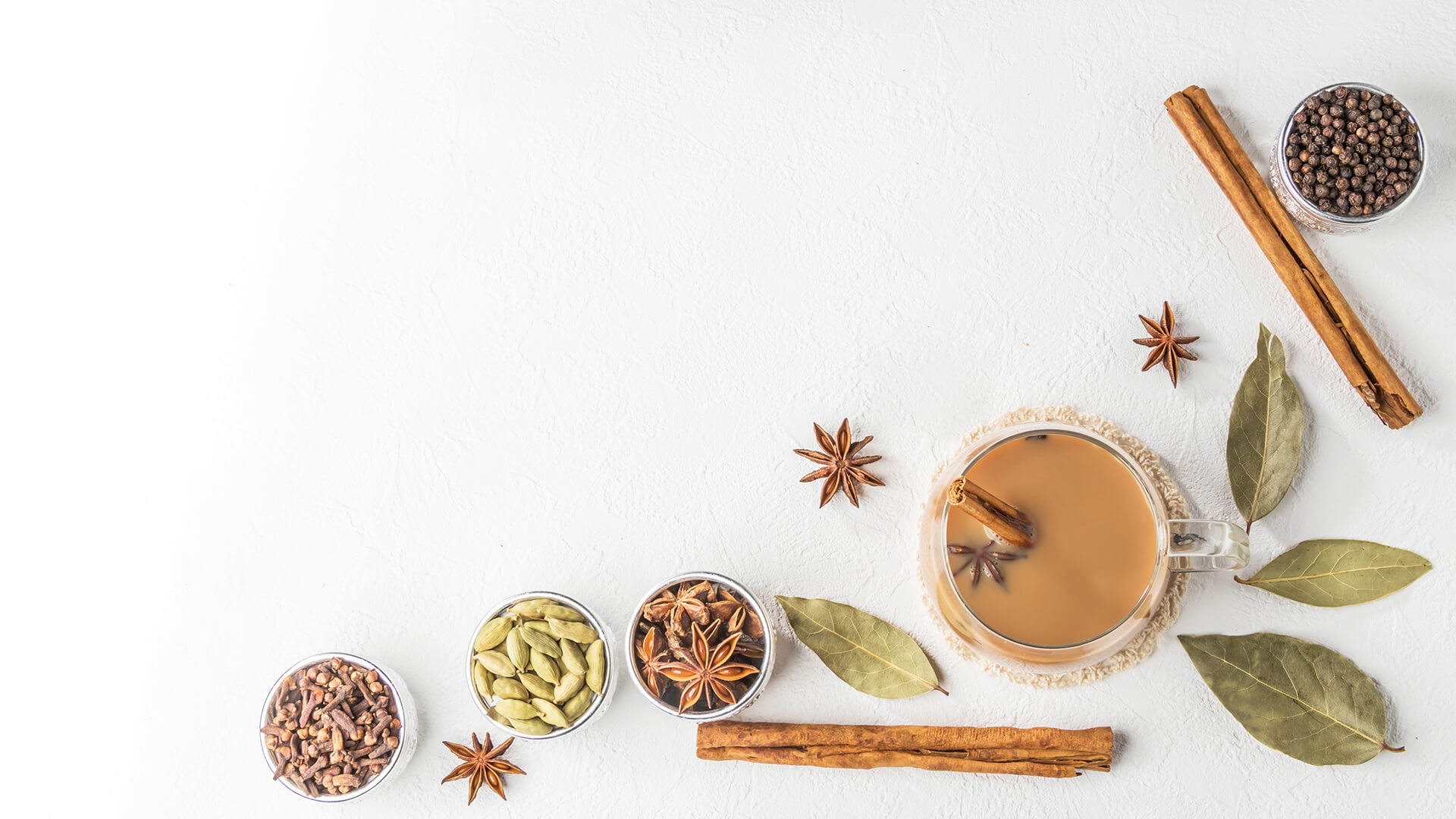Herbal Remedies for Common Skin Disorders in Ayurveda
Ayurveda, the ancient system of medicine from India, offers a treasure trove of herbal remedies for treating various skin disorders. From acne to eczema, Ayurvedic herbs are known for their potent therapeutic properties in restoring skin health and vitality. Here are some commonly used herbs in Ayurveda for addressing common skin ailments:
- Neem (Azadirachta indica): Neem is often referred to as the “wonder herb” for its broad-spectrum antimicrobial, anti-inflammatory, and antioxidant properties. It is highly effective in treating acne, eczema, psoriasis, and other inflammatory skin conditions. Neem leaves, oil, or extracts can be applied topically or taken internally to purify the blood and cleanse the skin.
- Turmeric (Curcuma longa): Turmeric is renowned for its powerful anti-inflammatory and antimicrobial properties, making it a valuable herb for managing various skin disorders. Curcumin, the active compound in turmeric, helps reduce inflammation, redness, and irritation associated with conditions like eczema, psoriasis, and dermatitis. Turmeric can be applied topically as a paste or consumed internally for its therapeutic benefits.
- Aloe Vera (Aloe barbadensis): Aloe vera is a soothing and cooling herb known for its hydrating and healing properties. It is widely used in Ayurveda to treat burns, wounds, and various skin irritations. Aloe vera gel, extracted from the succulent leaves of the plant, can be applied topically to alleviate itching, inflammation, and discomfort associated with eczema, sunburns, and allergic reactions.

- Manjistha (Rubia cordifolia): Manjistha is a potent blood-purifying herb used in Ayurveda to treat skin disorders arising from impurities in the blood. It helps detoxify the body, eliminate toxins, and enhance circulation, thereby promoting clear and radiant skin. Manjistha can be consumed internally in the form of powder, capsules, or decoctions to support overall skin health.
- Triphala: Triphala is a traditional Ayurvedic formulation consisting of three fruits: Amalaki (Emblica officinalis), Bibhitaki (Terminalia bellirica), and Haritaki (Terminalia chebula). Triphala is revered for its detoxifying and rejuvenating properties, making it beneficial for maintaining healthy skin and combating various skin disorders. It helps cleanse the digestive tract, improve digestion, and promote proper elimination, which are essential for skin health.
- Sandalwood (Santalum album): Sandalwood is a fragrant herb with cooling and soothing properties, making it ideal for calming inflamed and irritated skin. It is commonly used in Ayurvedic skincare formulations for its astringent, antiseptic, and anti-inflammatory effects. Sandalwood paste or oil can be applied topically to reduce itching, redness, and inflammation associated with eczema, acne, and sunburns.
- Guggul (Commiphora mukul): Guggul is a resin obtained from the mukul myrrh tree and is renowned for its anti-inflammatory and antioxidant properties. It is beneficial for managing inflammatory skin conditions like acne, eczema, and psoriasis by reducing inflammation, promoting tissue repair, and preventing bacterial infections. Guggul can be taken internally as a supplement or applied topically in the form of a paste or ointment.
These are just a few examples of the many potent herbal remedies that Ayurveda offers for managing common skin disorders. When using Ayurvedic herbs for skincare, it is essential to consult with a qualified Ayurvedic practitioner to determine the most appropriate herbs and formulations based on individual constitution, dosha imbalances, and specific skin concerns. By harnessing the healing power of nature, Ayurveda provides holistic solutions for achieving healthy, radiant skin from the inside out.
